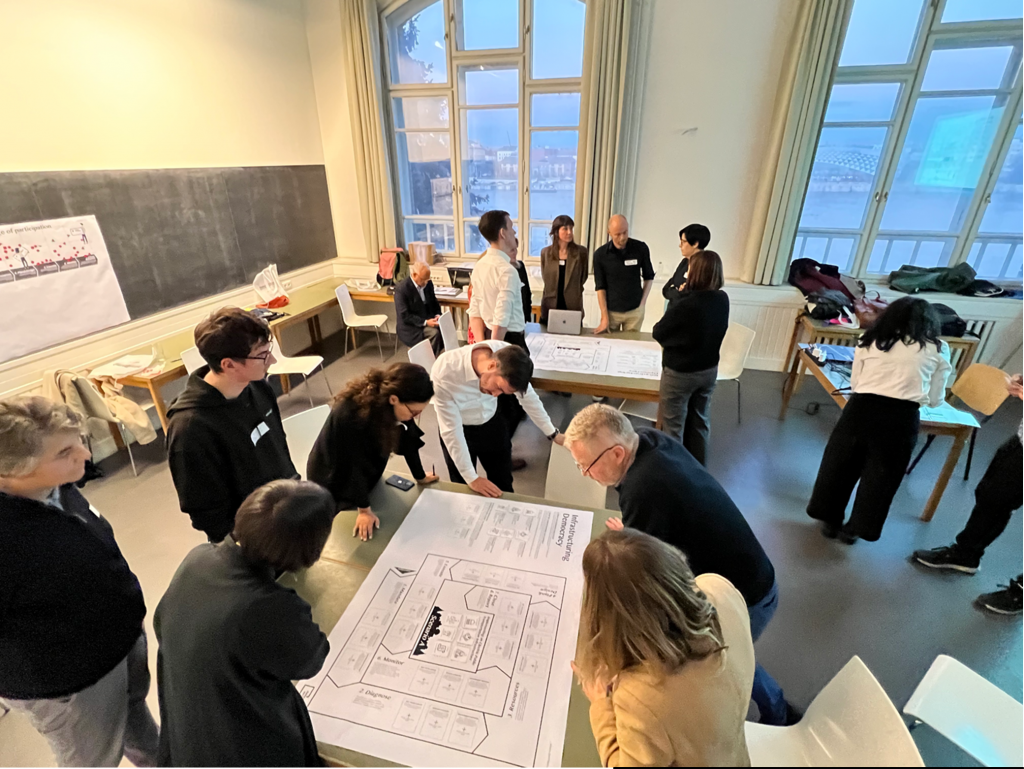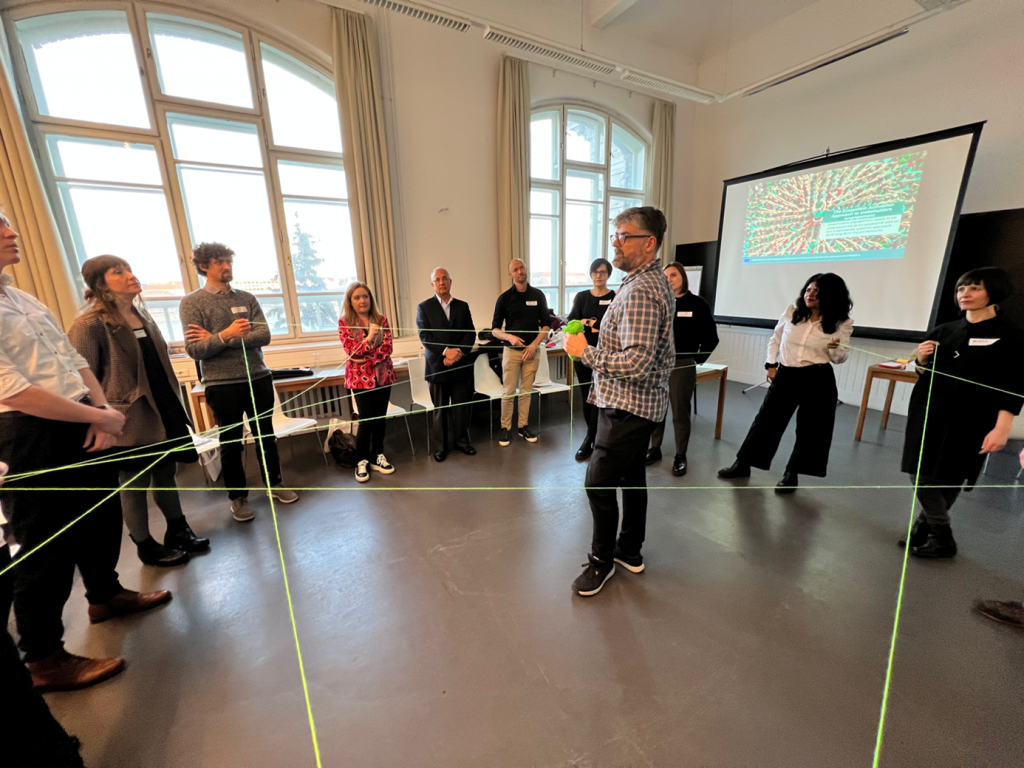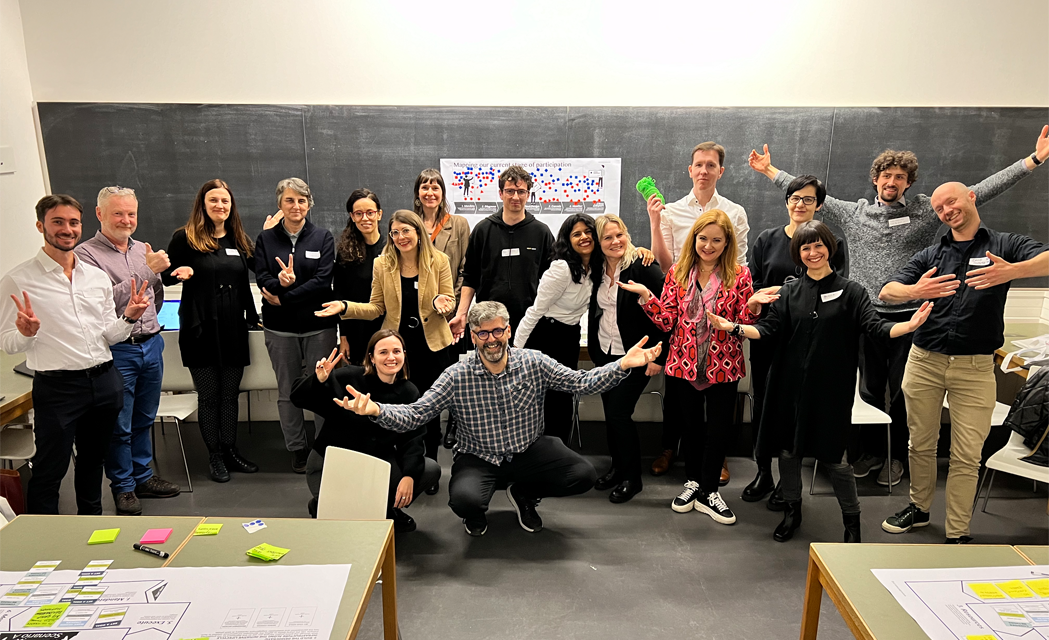Representatives from 19 Mission Cities will go into 2024 with renewed purpose and refreshed skills following a successful NetZeroCities Winter School in Budapest in late November. The 29 participants celebrated the opportunity to collaborate and share learning with contemporaries from across Europe, eager to transform their cities into models of sustainability and resilience.
“The event was very informative, stimulating, and interactive. It deepened my understanding of the EU Cities Mission and process. I’m grateful for the organisation of such a meaningful event”, said one participant.
Another said: “It was great to make contact with other cities and learn about the different challenges we face. The organisers were very attentive and friendly, and the communication was excellent. The location and accommodation were very nice, adding to the overall positive experience.”
The school, hosted at the Faculty of Architecture of the Budapest University of Technology and Economics (BME) from November 22 to 24, set a valuable example in cities’ journey towards achieving climate neutrality by 2030. Expertly organised by Politecnico di Milano with Universidad Politécnica de Madrid’s support, the event was acknowledged as a hub of inspiration and practical learning, warmly embraced by the BME.
NetZeroCities Winter and Summer Schools are part of an extensive Capability Building Programme for Mission Cities, that offers both online and offline learning opportunities. The schools are in-person events tailored to guide cities in their pursuit of climate neutrality, facilitating the rapid formulation of cohesive action plans and robust funding strategies.
Consortium Perspectives

Democratic Society (DemSoc) lead a session on Stakeholder Engagement
During this event, a representative from Bankers without Boundaries (BWB), Ede Borbely, emphasised the crucial role of cities in climate initiatives:
“European cities, though responsible for just on average 7% of total GHG emissions within their limits, wield immense power in rallying stakeholders and kickstarting climate initiatives. From housing and buildings to waste management, transport, industry, and electricity generation, each sector presents unique emission patterns, intensity, and incentives.
As leaders in public administration, city officials are uniquely positioned to spearhead collaboration, uniting diverse players, integrating their capabilities, and orchestrating emission-curbing investments… I’m privileged to be part of this transformative journey alongside dedicated public and private stakeholders. Together, we’re not just discussing change—we’re actively leading it.”
Key Learning Themes and Outcomes
Participants delved into several critical areas:
- Transition Team Formation: Establishing effective teams to spearhead climate initiatives.
- Co-Designing Action Portfolios: Collaborative design of tailored city-specific action plans.
- Urban Pathway Design and Indicators: Developing methodologies to define clear city progress indicators.
- Financial Planning for Climate Transition: Strategies for managing financial aspects of climate transition.
- Stakeholder Engagement: Innovative methods for inclusive participation in climate actions.
- Social Innovation: Maximising opportunities in social innovation for climate initiatives.
Facilitating Knowledge Exchange
The program facilitated thematic learning and experience sharing in the Best Practices session. City representatives openly discussed progress and challenges, creating a supportive and knowledge-rich environment. These interactions are essential for Mission Cities, providing a platform for connection and empowerment, as well as support from peers and NetZeroCities consortium members. The upcoming edition in Stockholm is eagerly anticipated, especially by cities new to the initiative.

Democratic Society (DemSoc) – Improving communication and connecting stakeholders





